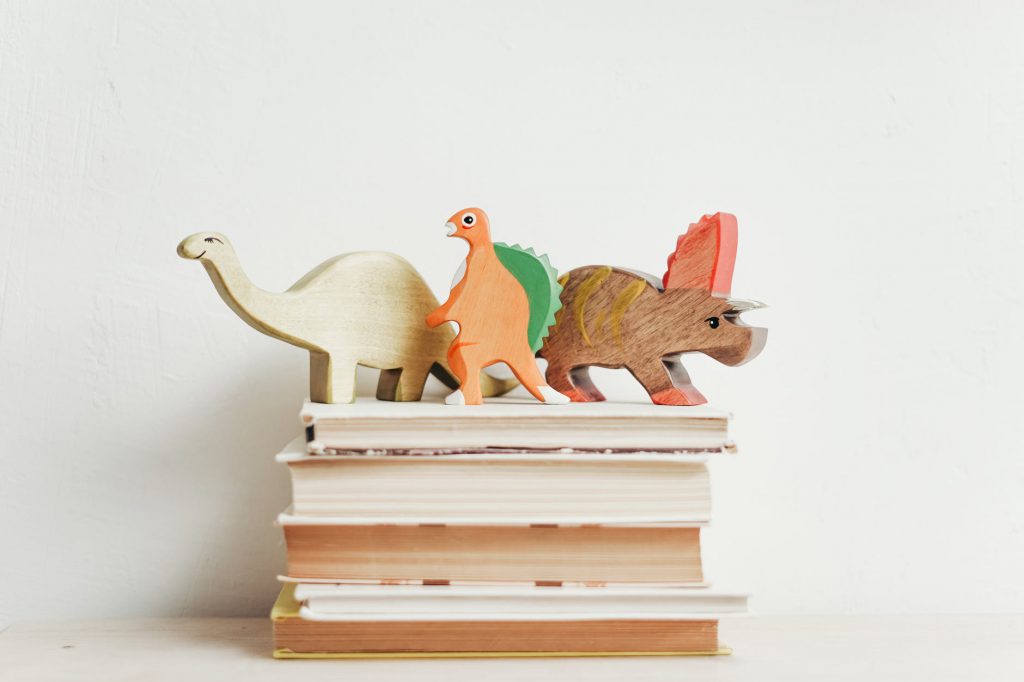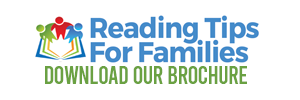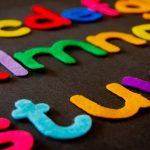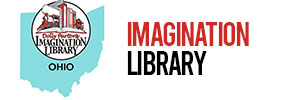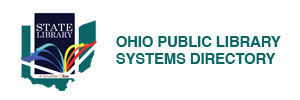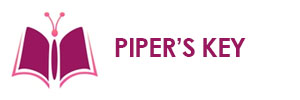In this tab you can find activities, games, stories, and resources to engage your children according to different age levels. These resources can help your child get excited about reading and learning to read.
These activities are targeted for ages Birth – Age 2.

Read Together, Grow Together
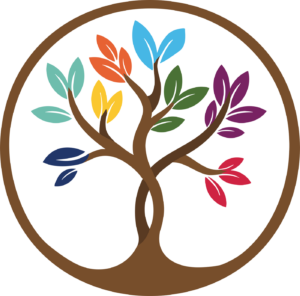
Did you know there are simple tips you can use when you read together?
These tips are for every adult who shares the joy of reading with a child. They are based on best practices and can be used with any books that you have.
Read Together, Grow Together 8 tips for families
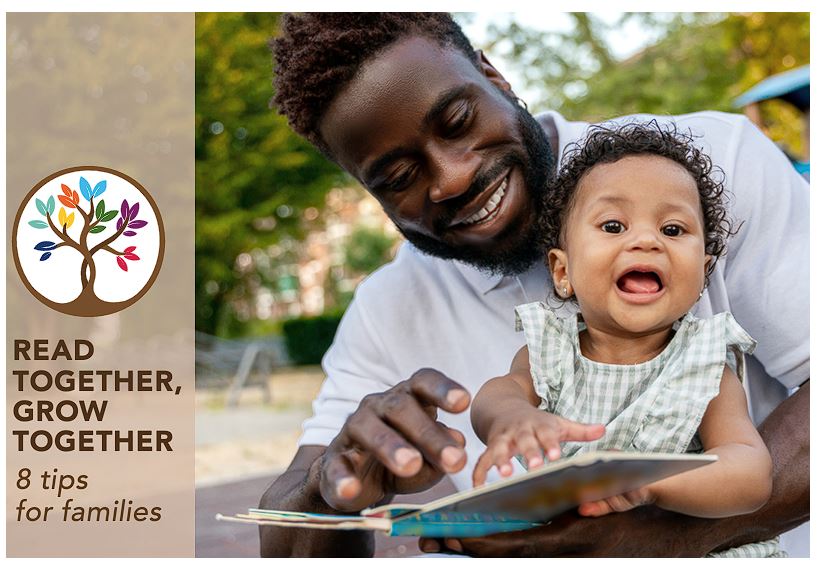
READ OVER AND OVER Did you know you can read the same books, over and over again? Re-reading the same thing gives your child the chance to remember the story. They can also grow comfortable with words, print, and letters. You do not have to have a new book to read each time!
Rhymes and Sound Awareness
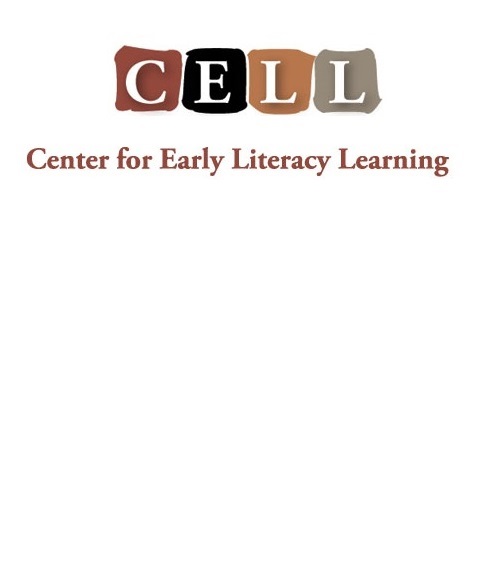
These practice guides encourage your infant to listen to silly rhymes and notice different sounds.
Baby’s First Games
Sure Winner Lap Games
Made-Up Infant Lap Games
Diaper Ch-Ch-Changes
Fingerplays and Rhymes for Little Ones (spanish)
More Infant Nursery Rhymes
More Infant Fingerplays (spanish)
Prime Time Nursery Rhymes
Stories and Listening

These practices show you how books can help your little one to listen, talk, and be a part of storytelling and book reading.
Baby’s First Picture Books
Baby’s First Word Books
Tell Me More, Tell Me More
The Right Touch
Baby’s First ABC Book
La caricia perfecta – The Right Touch (Spanish)
El primer libro de ABC del bebé – Baby’s First ABC Book (Spanish)
Storytelling and Listening

These practices show you how books can help your toddler to listen, talk, and be a part of storytelling and book reading.
I Wanna Be a Storyteller
Looking at Books Together
Let Me Tell the Story
A Book By Its Cover
Un libro por su tapa – A Book By Its Cover (Spanish)
Vocalizing and Listening

These practice guides from Center for Early Literacy Learning (CELL) will encourage your little one to make sounds, listen to your every word, and begin to talk.
Oohs and Aahs
Babble On (Spanish Version)
Sights and Sounds (Spanish Version)
Toddler Practice Guides for Parents

Literacy Learning Experiences – These practices show you how everyday home and community activities encourage toddlers to listen, talk, and learn the building blocks for early literacy.
Books and Crayons of One’s Own Act Natural
Download Spanish version
Infant Practice Guides for Parents

Literacy Learning Experiences – These practices show you how everyday home and community activities encourage infants to listen, talk, and learn the building blocks for early literacy.
Learn More
Download Spanish version
Unite for Literacy
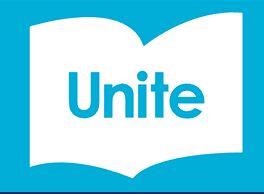
At Unite for Literacy, we picture a world where all children have access to an abundance of books that celebrate their languages and cultures and cultivate a lifelong love of reading.
Unite for Literacy has developed the platform, publishing tools, and systems-based strategies that support our public and private sector partners to change the literacy landscape of their communities and optimize the future for all their young children. Our projects build home libraries and support families to develop a daily habit of reading, both of which are key factors in growing lifelong readers.
To accomplish our vision, the Unite for Literacy team brings together expertise from the fields of literacy education, business innovation, strategic planning, and early childhood development. Team members include;
Sesame Workshop Games and Storybooks
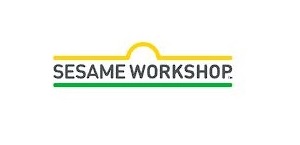
Explore our Games and Storybooks. Help incorporate playful learning into your child’s early education through different kinds of games, storybooks, and interactives that will keep them curious, confident, and excited to explore more.
Read Aloud Resources
ALL Ohio (Advancing Literacy Learning in Ohio) is a compilation of high-quality professional learning resources for Ohio’s P20 education system. ALL Ohio serves as a tool to strengthen educators’ knowledge and skills in evidence-based language and literacy practices grounded in the science of reading.
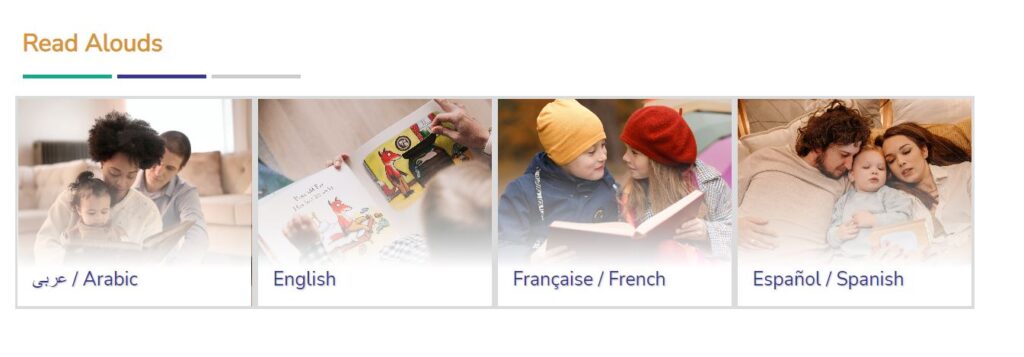
Family Engagement Activities
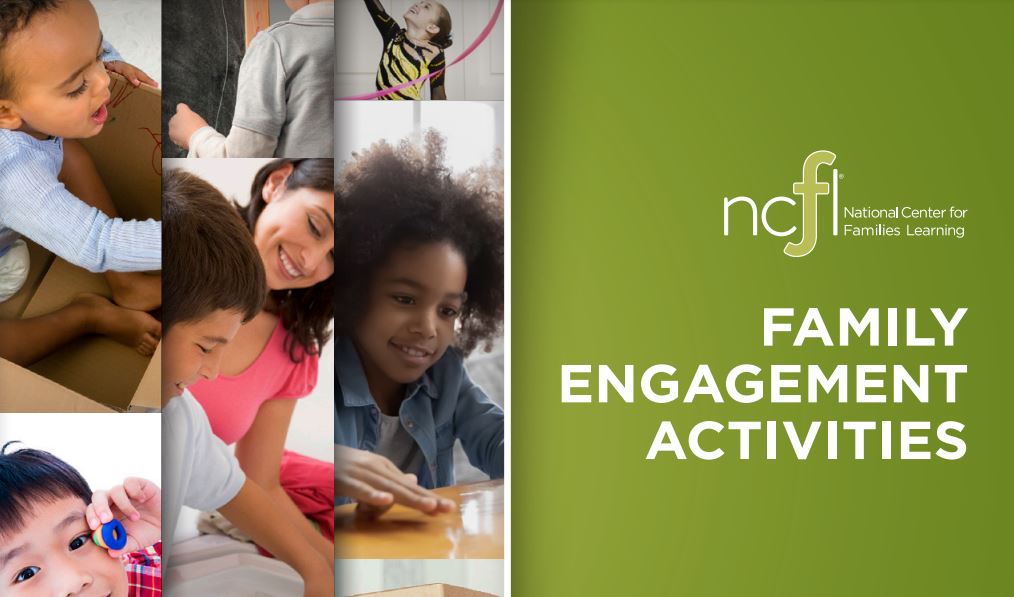
Animal Walks are simple and fun exercises that invite children to use their imagination to
move their bodies to copy animals. They are an easy way to get a quick dose of gross motor
play into your child’s day. These tasks get kids moving and active and allow them to release
energy. Many of these movements develop core strength, balance, and agility which are
wonderful for helping children control their sensory needs. Gross motor skills are a big part
of children’s healthy development at all ages.
Sing, Talk, Read, Write, Play: Building Early Literacy Skills

There are a number of things parents and caregivers can do to support the development of their child’s early literacy skills. Among them are five simple practices: singing, talking, reading, writing and playing. Promoted by the Every Child Ready to Read initiative, I love these practices for two reasons: they’re doable for parents and caregivers and they can be adapted to suit a child’s individual learning needs. Read on to discover some specific ways to include children of all abilities in these early literacy skill building practices!
Promoting Literacy

with dinnertime storytelling, family conversation, and books about food. Regular family dinner may be a more powerful vocabulary-builder for young kids than reading.
Unite for Literacy
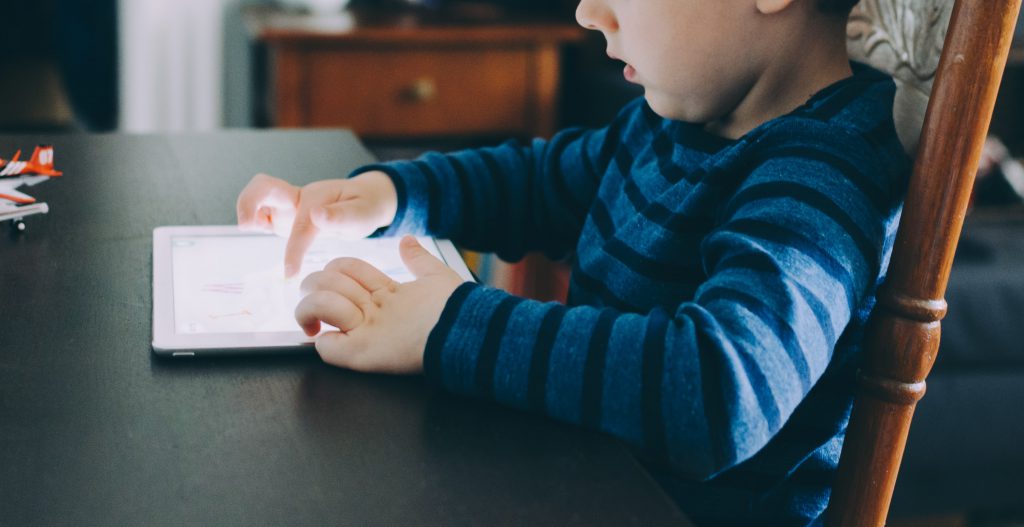
Unite for Literacy projects build home libraries and support families to develop a daily habit of reading, both of which are key factors in growing lifelong readers. Read together and listen to books of your choice in a variety of languages.
How Parents Can Instill Reading
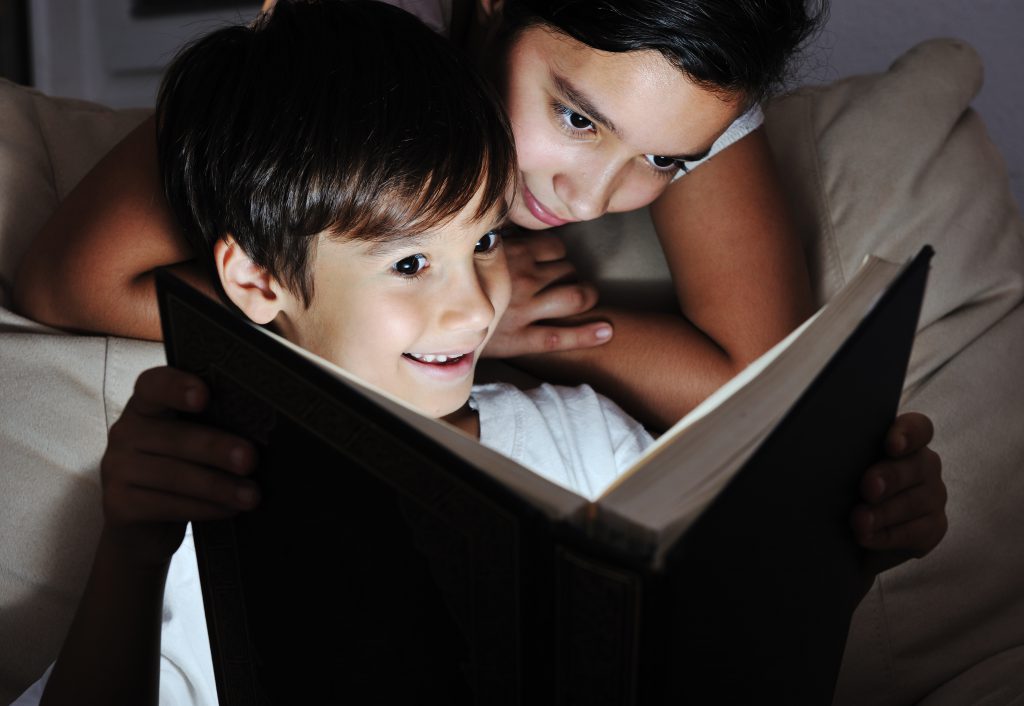
How Parents Can Instill Reading. Parents often ask how they can help their children learn to read; and it’s no wonder that they’re interested in this essential skill. Reading plays an important role in later school success. Parents often ask how they can help their children learn to read; and it’s no wonder that they’re interested in this essential skill. Reading plays an important role in later school success.
Young Children and Infants Read to By Parents Have Stronger Vocabulary Skills
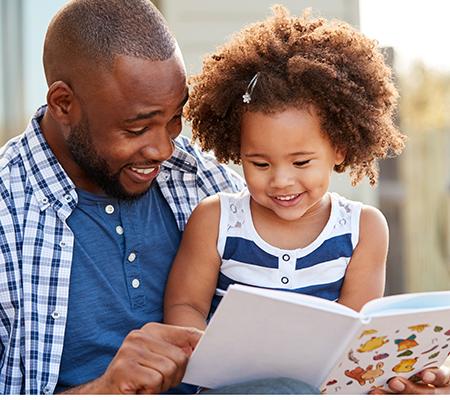
Rutgers-led study says shared reading advances these skills in nearly all children
Shared reading between parents and very young children, including infants, is associated with stronger vocabulary skills for nearly all children by age 3, say physicians at Rutgers Robert Wood Johnson Medical School. According to research published in The Journal of Pediatrics, this is true also for children who genetically may be vulnerable to barriers in learning, attention and behavior development.
The Million Word Gap
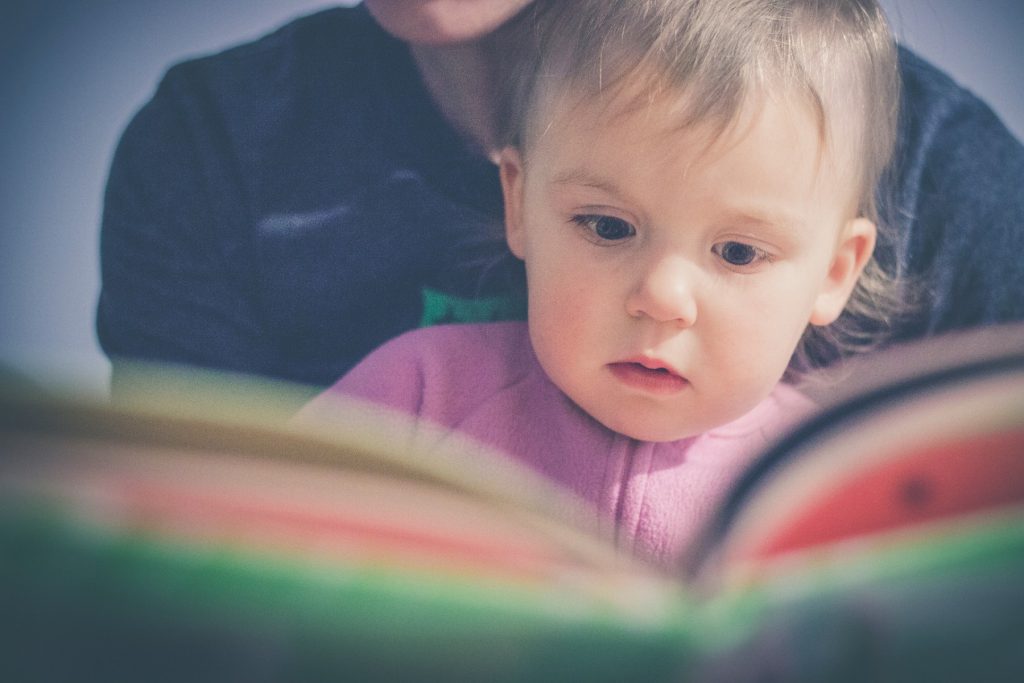
The Million Word Gap– That’s how many fewer words some children may hear by kindergarten. Young children whose parents read them five books a day enter kindergarten having heard about 1.4 million more words than kids who were never read to.
Talk, Read, and Sing Together Every Day! Tips for Families
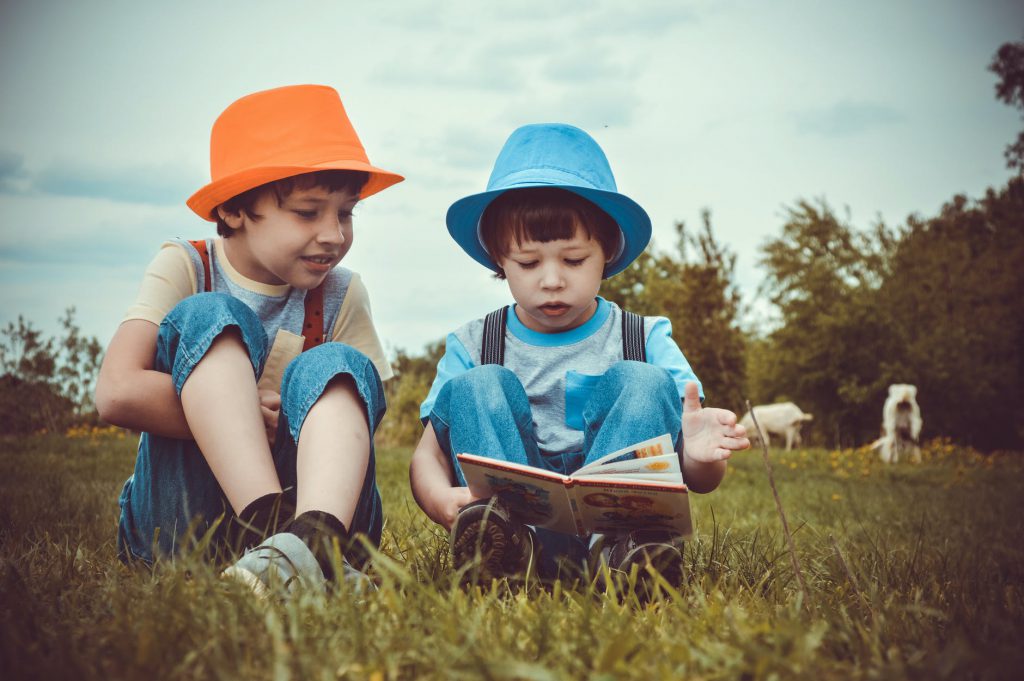
When you talk, read and sing with your child – even before they can use words – you’re helping them learn. You are your baby’s first teacher.
Activities – Helping Your Child Become a Reader
As a parent, you can help your child want to learn in a way no one else can. That desire to learn is a key to your child’s later success. Enjoyment is important! So, if you and your child don’t enjoy one activity, move on to another. You can always return to any activity later on.
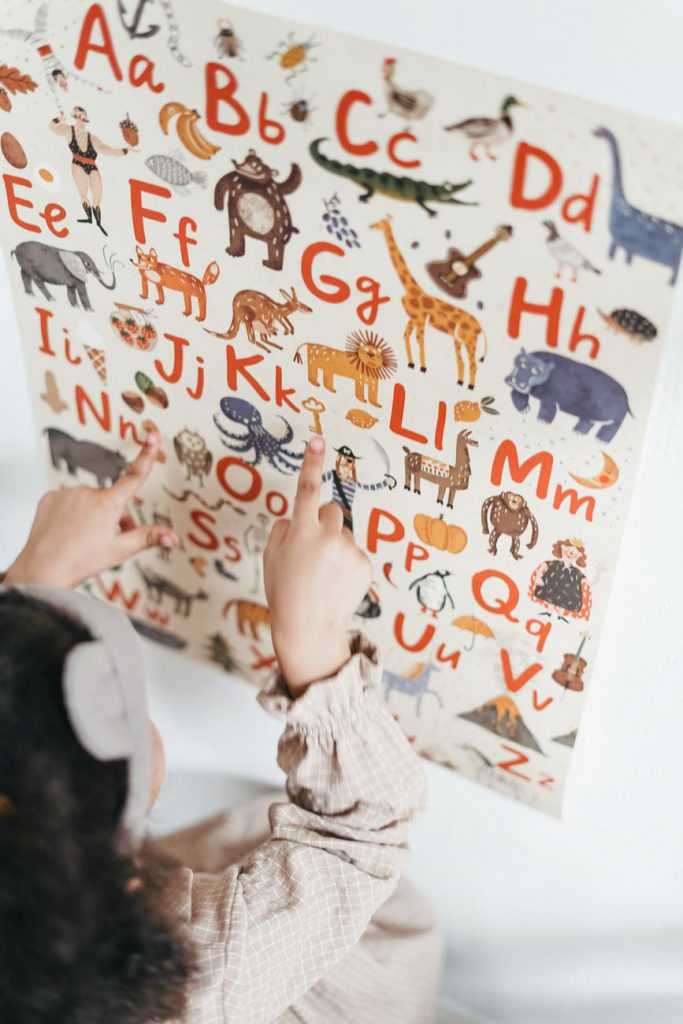
Helping Your Child Become a Reader
Some ideas you will find here.
How to Raise a Reader
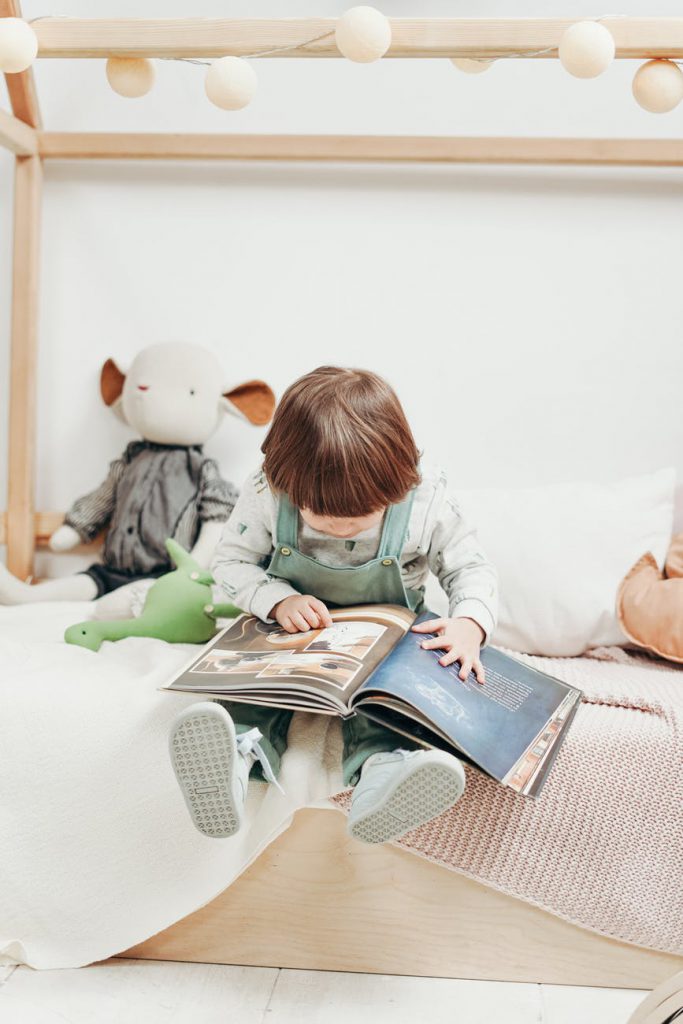
How to Raise a Reader– Read out loud, every day. Any book. You can read anything to a newborn: a cookbook, a dystopian novel, a parenting manual. The content doesn’t matter.
Ohio’s BOLD Beginning!

Early literacy is what kids know about reading and writing before they can actually read or write. You are your child’s first teacher and preparing them to read can be easy and fun – whether you’re at home or on the go.
Five of the best ways to prepare your child to read are talking, singing, reading, writing and playing. It’s never too early or too late to get started!
Centers for Disease Control and Prevention (CDC) Milestones
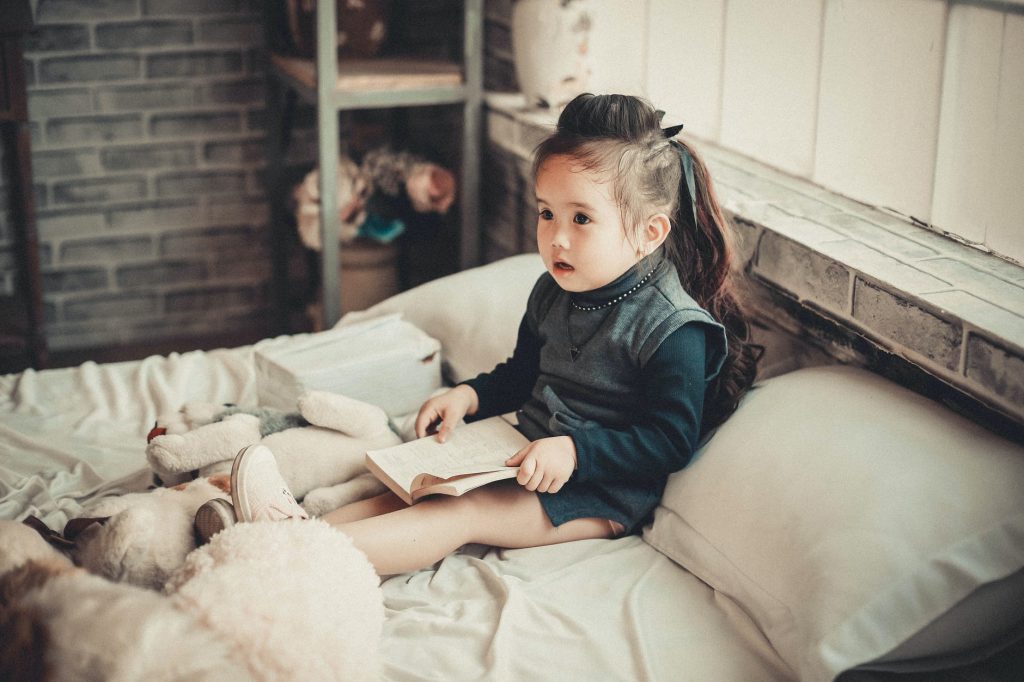
Skills such as taking a first step, smiling for the first time, and waving “bye bye” are called developmental milestones. Children reach milestones in how they play, learn, speak, act, and move (crawling, walking, etc.).
CDC Developmental Milestones
Some ideas you will find here.
A Child Becomes a Reader: Proven Ideas from Research for Parents Birth through Preschool
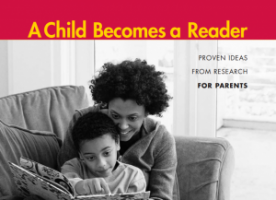
Mothers, fathers, grandparents, and caregivers, this booklet is for you. It gives ideas for playing, talking, and reading with your child that will help him* become a good reader and writer later in life.
ColorinColorado – Help Your Child Learn to Read
There are lots of ways that you can help your children learn to read! From the time that they are babies to the time that they are in high school, there are many little steps you can take along the way — rhyming and singing songs, reading out loud, sounding out letters, going to the library, and reading books together in your home language.
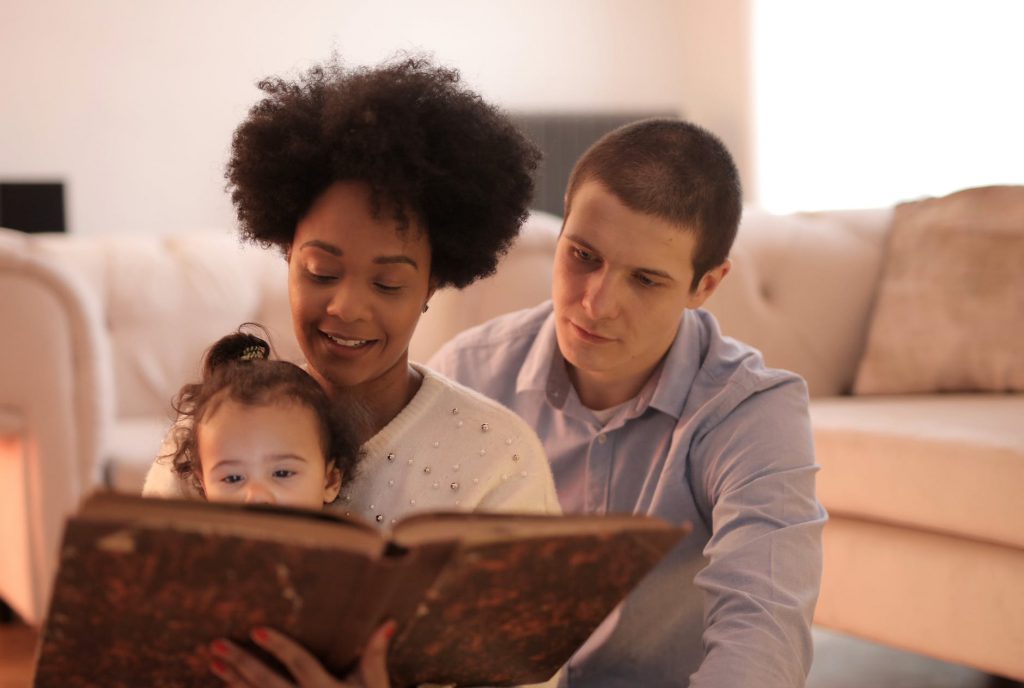
Helping your children learn to read might also mean finding support if they are having difficulty, which can affect their future success. This site is filled with tips for what you can do at home, fun activities, suggestions for choosing books to share together, and ideas on how you can prepare your child for a lifetime and love of reading.
Help Your Child Learn to Read (includes resources in Spanish)
Some ideas you will find here.
Learning About Your Child’s Reading Development
Learning to read is difficult. While spoken language develops in most cases naturally, reading requires explicit, systematic instruction.
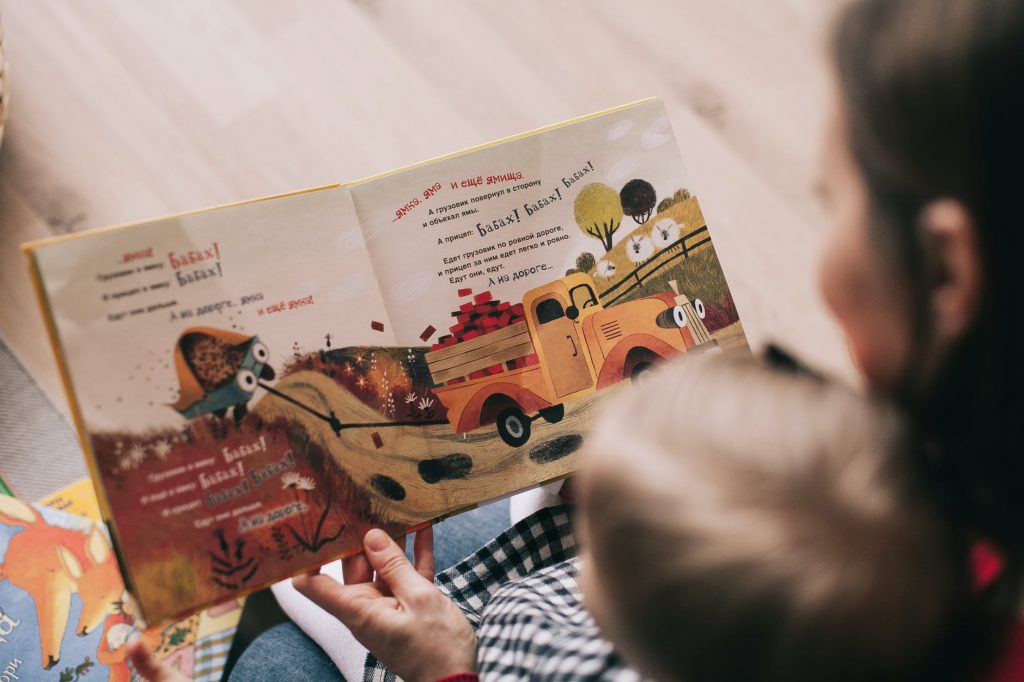
This page from The National Center on Improving Literacy, describes typical reading development from emergent through fluent reading. Sometimes we have concerns. This article offers a quick overview of the skills to look for and what to do if the child in your life seems to not be acquiring the skills.
Development of Phonological Skills

Basic listening skills and “word awareness” are critical precursors to phonological awareness. Learn the milestones for acquiring phonological skills. This page helps parents to understand the importance of developmental phonological skills through easy to understand definitions. There is also a table which notes the age where 80 to 90 percent of typical students have achieved each phonological skill.
Some ideas you will find here.
Defining Dyslexia
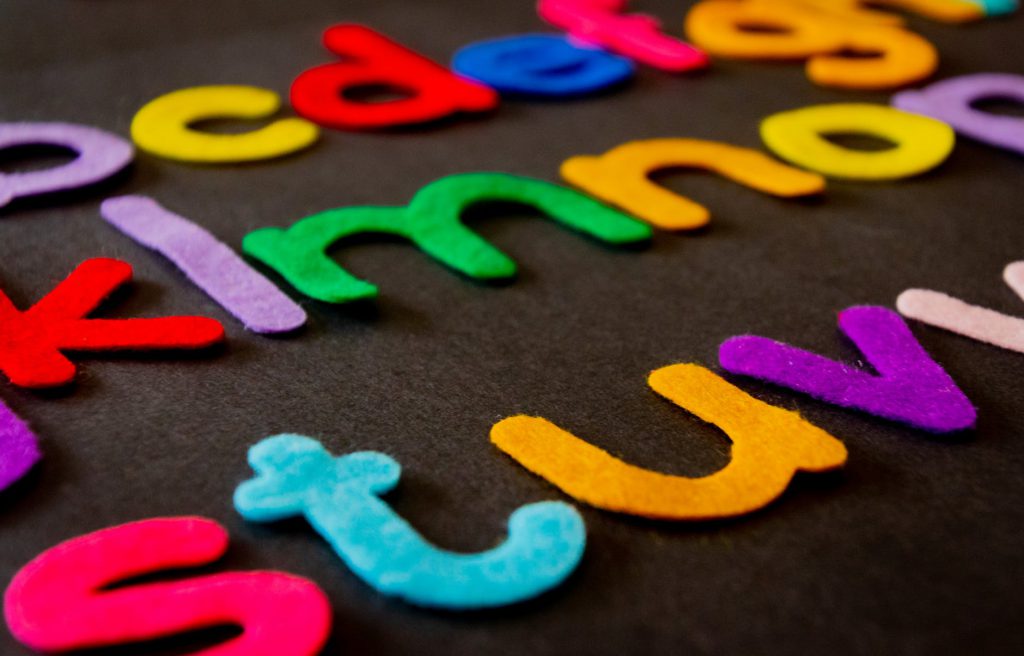
Dyslexia is a brain-based learning disability that specifically impairs a person’s ability to read. For individuals with dyslexia, specific portions of the brain typically associated with important reading processes may not function in the same ways that they do in individuals without dyslexia. Individuals with dyslexia often have difficulty with phonological processing, spelling, or rapid visual-verbal responding. Importantly, dyslexia is related to reading difficulties, not difficulties that arise from intellectual functioning.
- Defining Dyslexia
Dyslexia affects about one in every five individuals, making it the most commonly diagnosed learning disability. Dyslexia affects the brain areas associated with detection and processing of sounds and their corresponding letters. These letter-sound linkages are fundamental to reading. When these brain regions do not function efficiently to make these connections, reading development is affected. - For Parents and Families- Dyslexia
Family and Community Toolbox
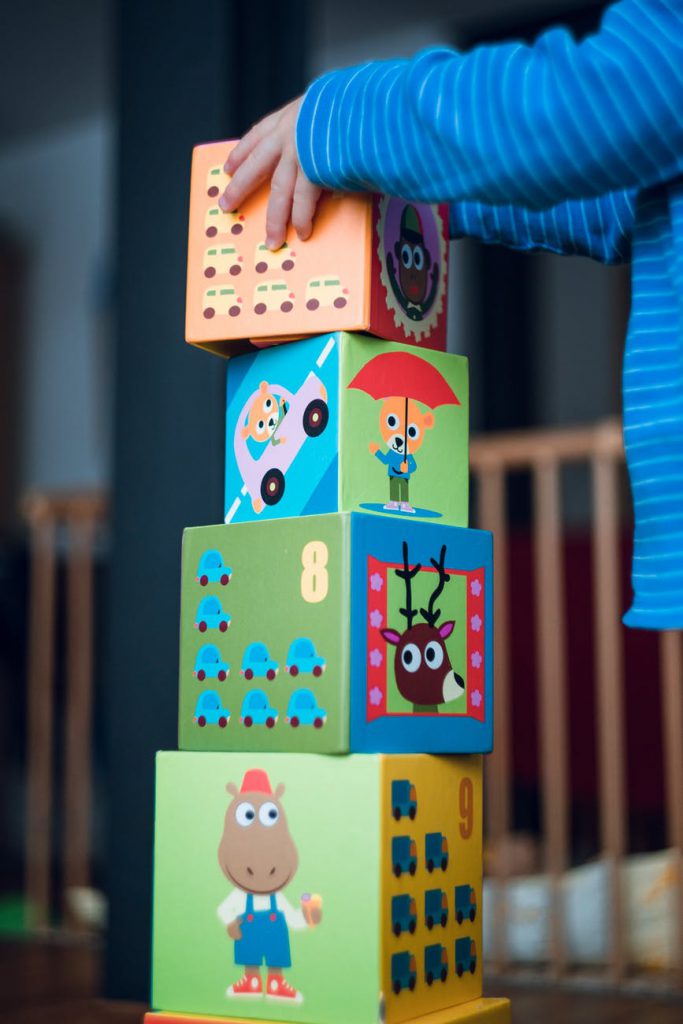
The purpose of the Family and Community Toolbox is to provide resources in order to build upon the natural learning opportunities that occur within a child’s daily routine in the home and community. The resources contained in this toolbox provide encouragement to families and caregivers in supporting the early language and literacy development of children in their care.
Family and Community Toolbox
Ohio Department of Education- Parents
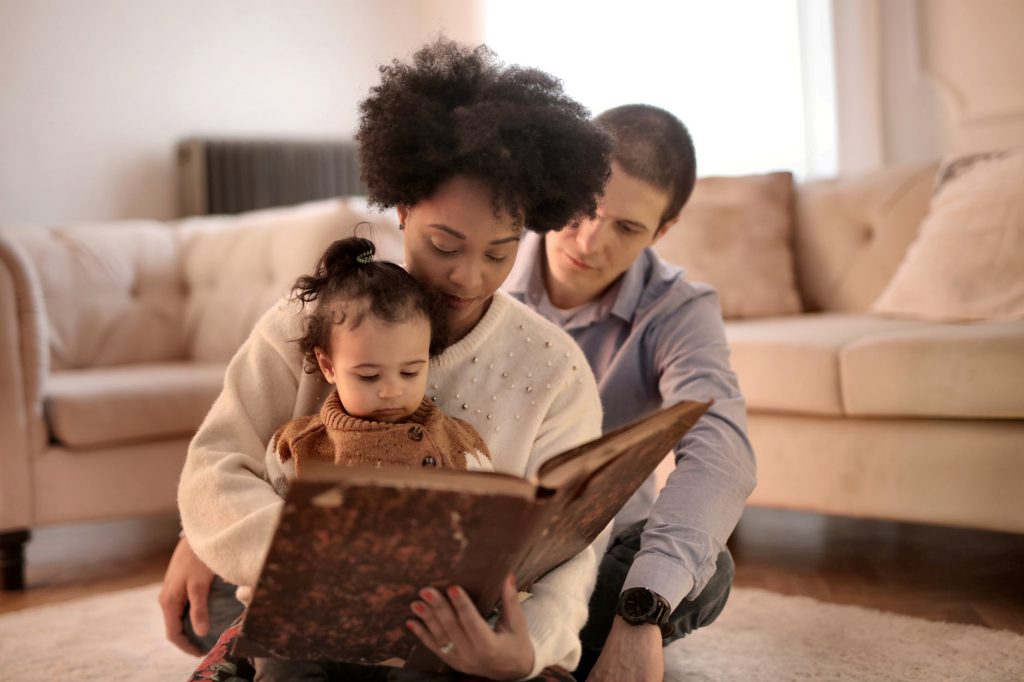
Active, involved parents are an essential resource for Ohio’s schools in making the most of every child’s educational experience, from pre-kindergarten all the way through high school. This page has information you can use to help guide your child’s education.
My Child is in…Preschool, Kindergarten, Elementary School, etc.

